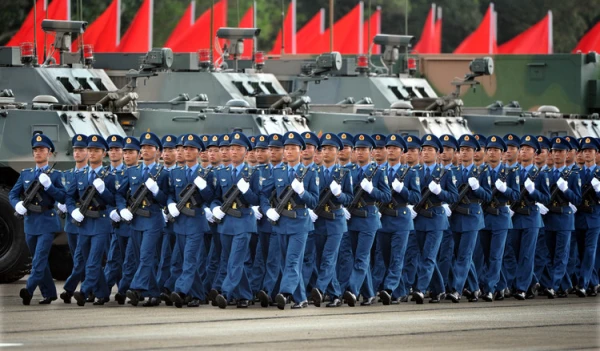
Maternal love is an indisputable foundation, a reliable support, and an emotional base for a child, but for this foundation to develop harmoniously, a dad is also needed. Moreover, his role is not just in some mechanical assistance and support, like picking the child up from school or helping with homework. He must be deeply involved in the process of raising the child.
When a dad does this, he lays down the very sturdy framework on which healthy self-perception, the ability to build relationships, and resilience to life's difficulties stand.
Scientific data is unequivocal: children growing up with the involvement of both parents have a higher chance of mental well-being and success in adulthood. A father's contribution is a powerful factor that literally changes destinies.
Just Being There
This is not about physical presence. It is not even necessary to live in the same house as the child. For example, if dad and mom are divorced.
The essence of the function "just being there" is constant and active presence. The child must know: dad is a reliable rock. He is somewhere nearby, always ready to help, offer guidance, support, and lend a shoulder in any situation. Need help with math — dad is right there, problems with friends — he will listen and give advice.
The Art of Noisy Roughhousing
Many fathers instinctively feel this — the moment when a child just needs to be hugged and tickled. Having a pillow fight, rolling around in a hug on the floor. This playfulness is a deep and important language of communication. The so-called "rough play," where there is a lot of shouting, laughter, and tumbling.
Such play is a real life simulator. The child learns to interact. They discover that sometimes they can get hurt, but then they need to get up, dust themselves off, and move on. They develop resilience, learn to assess their strength, and set boundaries. Through physical contact and small risks, dad teaches the child the most important lesson — to rise after a fall.
Unconditional Acceptance
Children, especially teenagers, are true masters at provoking and pushing away. The simplest way out is to try to change them, correct them, point out the "right" path. But the most powerful tool a father has is acceptance.
Dad should not try to change their interests, nor should he argue with their choice of music or style. A father's task is to accept their self-perception, even if it seems strange to him.
When a father accepts a child unconditionally, he lays a special foundation for high self-esteem and strong mental health. A child who is accepted does not seek approval from others; they are confident in their worth. This affects everything: their studies, future career, and ability to build relationships.
Giving Your Time
Children read a father's love in a special way. For them, the measure is time, not money or gifts. What matters to them are the minutes and hours that dad is willing to spend on them. Children are acutely aware when their father is always busy. This hurts deeper than any words.
How to spend time? Joint activities work wonders. It is worth going hiking together, engaging in sports, assembling a complex construction set, or cooking dinner. Conversations during activities flow more easily. The child opens up. They see that dad is not just "present" but involved in the shared activity. In those moments, they feel: "I am important to my dad." And that is the best building material for their self-esteem.
Accepting Your Own Imperfection
Dad does not need to be perfect. Superdad is a myth. Children do not expect perfection from their father; they expect honesty. If dad makes a mistake — he should admit it. Simply say: "You know, I was wrong. I’m sorry." These words will not diminish his authority but will elevate it to a new height.
Dad teaches the child the most valuable lesson: people can make mistakes, can ask for forgiveness, can change. Being a father does not mean knowing all the answers; it means being ready to learn and grow alongside your child. Making mistakes, acknowledging them, and moving forward.
The conclusion is simple. A father's role is not in loud words or expensive toys. It is in steady presence: in the readiness to wrestle on the mat, in the courage to accept the child as they are, in the generosity with which dad gives them his time, and in the wisdom to accept his right to make mistakes. These things do not require titles or special talents, only sincere love and a willingness to try. And that is already the most important thing.















Leave a comment